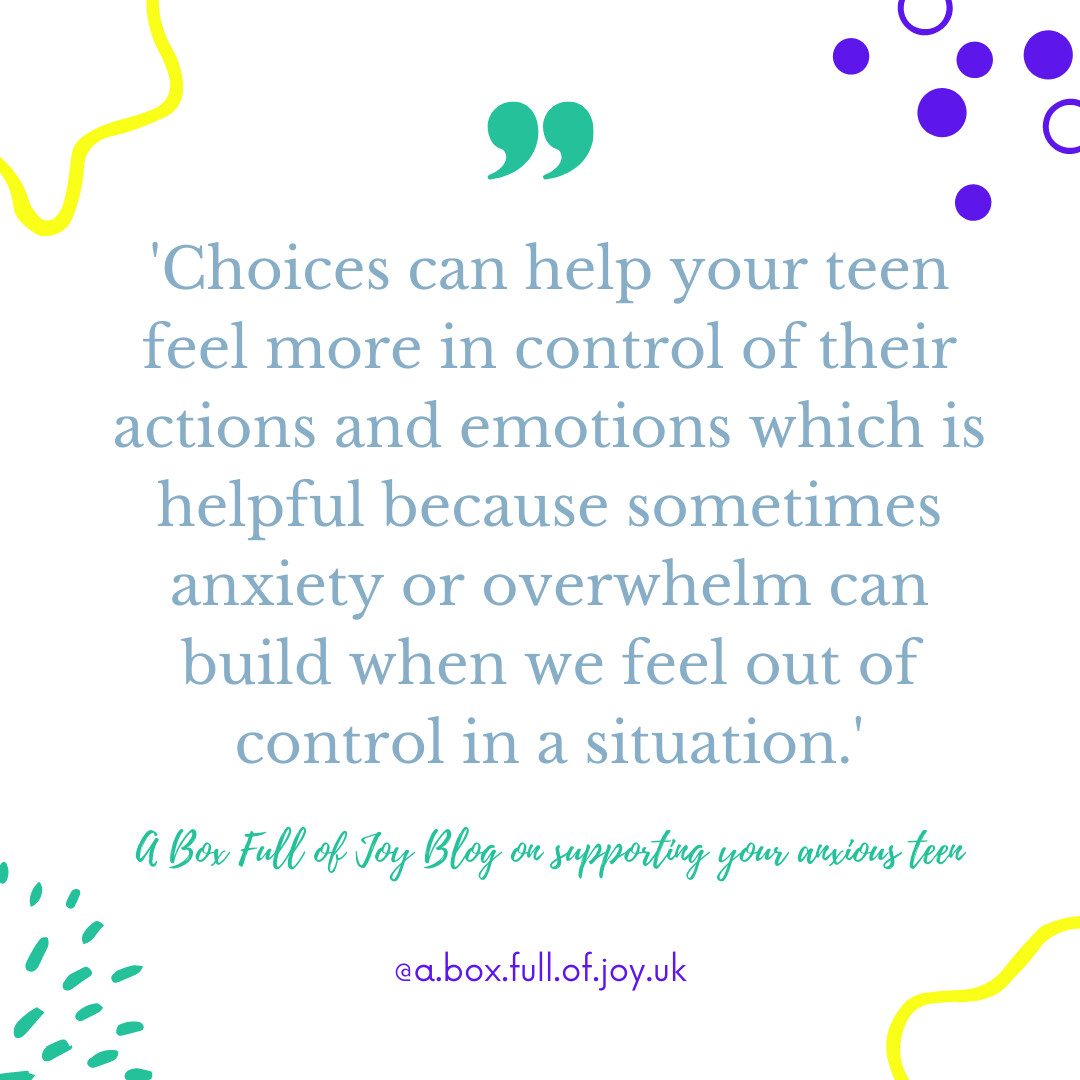
You are sitting there, in rows, on uncomfortable chairs, head down writing, thinking, confused, or enjoying the fact you read the right textbook that morning. The silence is only broken by the squeaking of desks that are not stable and industrious scribbling around the room. You look up at the clock as you try to work out how much time remaining to complete the millions of questions still left to answer. It is stifling, sweat is dripping from your brow, your hands are clammy, and aching from writing.
But you cannot stop, there are only five minutes left so you get back to it.
You feel your heart pounding in your chest, as your writing gets messier in the panic of getting everything down on the paper. Time is up - pens down, exam finished. You hope you’ve done enough knowing that you cannot change it now. You wait in silence to be dismissed. On the way home you feel sick as your friend smugly tells you how easy it was, and you realise what you may have missed.
Bringing back memories?!
Read more...
It's inevitable that change will come into our lives (think the Christmas holidays coming up, the nativities, the additional ‘fun’ lessons at school). For children, change can be especially difficult to cope with, even change that we may see as small can be the difference between them feeling safe and secure in their day to day lives to feeling scared and anxious. As a parent, it's important to be there for your child and help them through this tough time. In this blog post, we will discuss some tips that can help make the transition easier for both you and your child and I will share some things that have helped my autistic son especially.
One of the best things you can do as a parent is to be there for your child. Talk to them about the change that is coming and allow them to express their feelings. It's also important to reassure your child that you will still be there for them, no matter what changes come our way. We have found ‘The big feelings’ pad (which can be found at www.aboxfullofjoyuk.co.uk) really helpful for our son to express his feelings when he is struggling and also allowing him time and space to do his soothing activities (such as rolling his toy tyres, deep compression with his weighted blanket and colouring).
Another tip that can help is to create a routine. When change happens, it can often disrupt our daily routine. By having a set routine in place, it can help provide some stability for your child and it can help them feel safe and secure. This could include things like bedtime routines, mealtimes, and even regular times of leisure. We have a visual timetable for our children in the school holidays and times when the normal school routine is disrupted, for example when the end of term is coming.
Try to keep things as positive as possible and be prepared. Change can be scary, but it doesn't have to be all bad. Help your child focus on the good aspects of the change and look forward to the new experiences they will have. We find that preparing our son for change a week or so before is helpful so he can visually see the change coming on his timetable and cross off the days completed in the holidays.
Finally, don't forget to take care of yourself. Change can be difficult for everyone involved, so make sure to give yourself some time to adjust as well. You need to be able to co-regulate for your child and support them so taking some deep breaths, going for a walk or doing something you enjoy in the evenings mean you are in a better place emotionally to support your child through change.
I hope this blog post was helpful! If you have any other tips that have worked for you and your family, please share them in the comments below. With these tips in mind, you and your child can face change together in a supportive and understanding way.
Nicole is a mum of two, experienced teacher and creator of 'A Box Full of Joy' who is passionate about supporting, encouraging and empowering young people who struggle to communicate their feelings or process their worries. Nicole is passionate about providing early support with her proactive approach. Through her products, workshops and mentoring, young people will be set up for facing the future with resilience and confidence. You can follow her on www.instagram.com/a.box.full.of.joy.uk and visit her website at www.aboxfullofjoyuk.co.uk

Have you ever stopped to think about the power of words? Just think about how many different ways words can be used to influence and affect people. Words can be used to build someone up or tear them down, to make them feel happy or sad, confident or ashamed. The list goes on and on. In this blog post, we will discuss the power of words and why what you say matters. We'll also look at some examples of how powerful words can be in influencing people's actions.
Words are one of the most powerful tools that we have at our disposal. They can be used to influence people in a positive or negative way. And it's not just the words themselves that matter, but also how they are used. The tone and inflection of your voice, the facial expressions you make, and even your body language all play a role in how your words are interpreted.
Even in the seemingly insignificant moments, your words matter, and you never know the impact your words can have. Recently, a former student who I taught about eight years ago, sent a message to apologise for making life hard for me in lessons. He said that I had told him that I expected a proper apology one day and he had always remembered that. Now I have that apology.
So, I want to encourage you that your words and actions don't go unnoticed. He thanked me for helping him despite his adolescent silliness. You may not see fruit right now and you may be feeling discouraged or stuck, not knowing what to do to improve your situation. However, I want you to know that the seed that you plant with your words may stick with someone for years.
Words can be used in a positive way to influence people. For example, if you're trying to encourage someone to do something, your words can play a big role in whether or not they take action. The same is true if you're trying to build someone's confidence or help them through a tough situation. In these cases, your words can be a powerful tool to help someone in need. Earlier this year I gathered a group of women together to share their words in a book to give teens hope (Letters to my Teenage Self) and you have the tools to share your stories too.
There is also a warning in here to think about what you say and what you do, because words stick. Have you ever said something that you didn't mean, only to have it come out wrong and cause hurt feelings? Or maybe you've been on the receiving end of someone else's words, where they said something that made you feel bad about yourself. We've all experienced this at one time or another. And it's a prime example of how words can be misused and cause harm.
When you take the time to think about what you're going to say before you say it, you can avoid these types of situations. Sometimes the words said can be internalised to form our inner critic. Think about how your words will be received and interpreted by the other person. If you're not sure, it's always better to err on the side of caution and not say anything at all.
Your voice has power or power to uplift and encourage or to destroy. Choose wisely how you use your words today. What are some examples of how you've seen the power of words at work? Share your stories in the comments below!

If you're like most parents, you want your child to feel good about themselves. You may be wondering how you can help them become more confident and independent. Raising a confident child starts with setting a good example yourself. In this blog post, we will discuss some tips for helping your child feel good about themselves and boost their confidence!
One of the most important things you can do as a parent is to be a good role model for your child. Show them that you are confident and comfortable in your own skin. Let them see you standing up for yourself and speaking your mind. This will help them understand that it's okay to be who they are and that they don't have to change themselves to please others.
It's also important to encourage your child to try new things and take risks. This will help them build their confidence and learn that it's okay to make mistakes. Encourage them to step out of their comfort zone and try something new, whether it's a new activity or just trying something different at school.
Finally, make sure to praise your child when they do something well. This will help them feel good about themselves and their accomplishments. Avoid criticism and instead focus on the positive. This will encourage them to keep trying new things and help them build their confidence.
These are all great suggestions for parents who want to help their children develop self-confidence. However, sometimes a child's low self-esteem is due to outside factors such as bullying from classmates or pressure from surrounding areas. As a teen, I had such high expectations of myself and wanted to please others so when I didn’t achieve what I wanted to achieve I felt like I was not ‘good enough’. I have shared my story in my book collaboration Letters to my Teenage Self which I hope will resonate and help teens today find hope in the struggles. If you suspect your child is struggling in this area, it's important to talk to them and get to the root of the problem. They may need extra support and encouragement from you to help them through this tough time.
What are some other ways you've helped your child build their confidence? Let me know in the comments below! I'd love to hear from you!
And remember, parents: you are your child's biggest cheerleader! Show them that you believe in them and watch their confidence soar!

When was the last time you sat down and wrote a letter? If it's been a while, you're missing out on some incredible benefits! Letter writing is a great way to improve your mental health, boost your creativity, and relieve stress. In this blog post, we will discuss the benefits of letter writing and provide some tips on how to get started. So, what are you waiting for? Start writing!
There are many benefits to letter writing, but three of the most important are that it can help improve your mental health, boost your creativity, and relieve stress. Let's discuss each of these in more detail.
Mental Health: Letter writing can be a great way to improve your mental health. It can help you express your thoughts and feelings and can also be a form of therapy. letter writing can help you to process your emotions and to better understand yourself. In the book collaboration that is launching on Tuesday 7th June called Letters to my Teenage Self the authors found that writing the letters and revisiting their past pain helped them on the healing process. Eva writes 'Being part of the collaboration has been an amazing journey of self-discovery and finally finding closure for the pain I have carried all these years.'
Creativity: letter writing can also be a great way to boost your creativity. When you write letters, you are often forced to come up with new ways to express your thoughts and feelings. This can help to spark new ideas and can lead to greater creativity overall.
Stress Relief: Lastly, letter writing can be a great way to relieve stress. When you write letters, you are able to take your mind off of your worries and focus on something else. This can help you to relax and de-stress. Getting your thoughts down on paper is helpful for all ages. I have created a number of emotions processing pads that help with this process that you can see here. Letter writing can also be a great way to destress before bedtime. If you have trouble sleeping, try writing a letter before going to bed. You may find that it helps you to fall asleep more easily. So if you're feeling stressed out, try sitting down and writing a letter!
Need help getting started? If you're not sure where to start, here are some tips:
- Set aside some time each day or week to write letters. This can be as little as 15 minutes.
- Find a comfortable place to write, where you won't be interrupted.
- Make sure you have all the supplies you need, including paper, envelopes, stamps, and pens.
- Write about whatever is on your mind. There are no rules!
- Keep your letters private if you want to, or share them with a friend or therapist.
Letter writing is a great way to improve your mental health, boost your creativity, and relieve stress. So what are you waiting for? Start writing!







